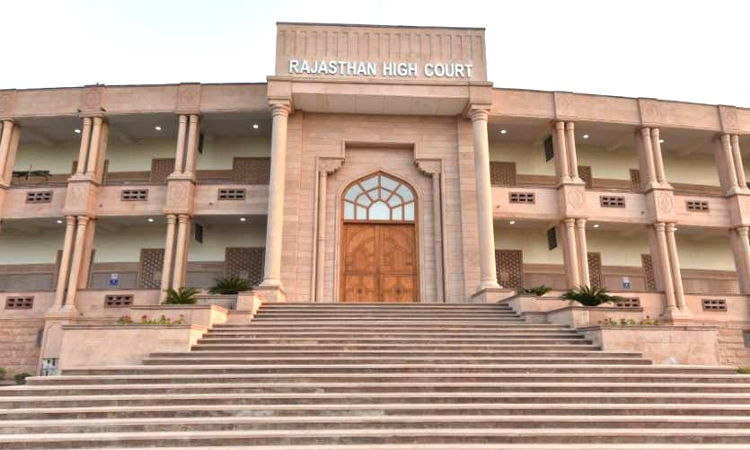Govt Has Authority Under Rajasthan Land Revenue Act To Regularise Unauthorised Land Conversions : High Court
ANIRUDH VIJAY
11 Feb 2022 10:23 AM IST

Next Story
11 Feb 2022 10:23 AM IST
The Rajasthan High Court has held that the government has authority in terms of Section 90B of the Land Revenue Act, 1956 as it stood at the relevant time and Section 90-A as it stands today to regularise unauthorised conversions of agricultural lands. The division bench of Chief Justice Akil Kureshi and Justice Sudesh Bansal, observed,"Insofar as the Government's desire to regularise...
